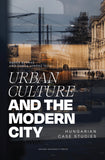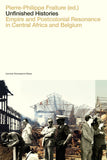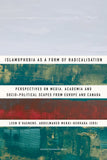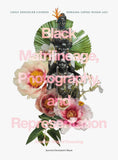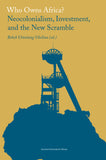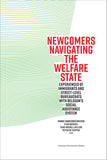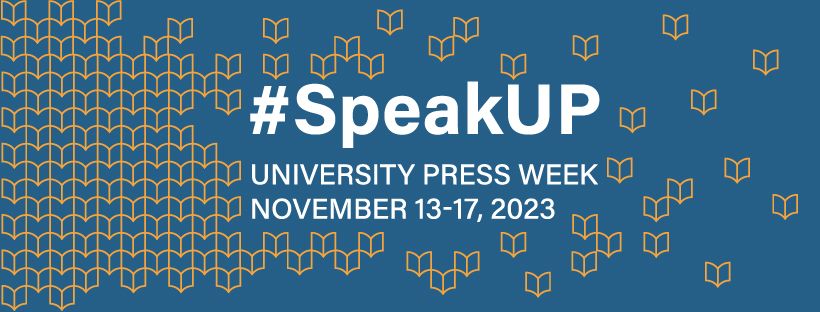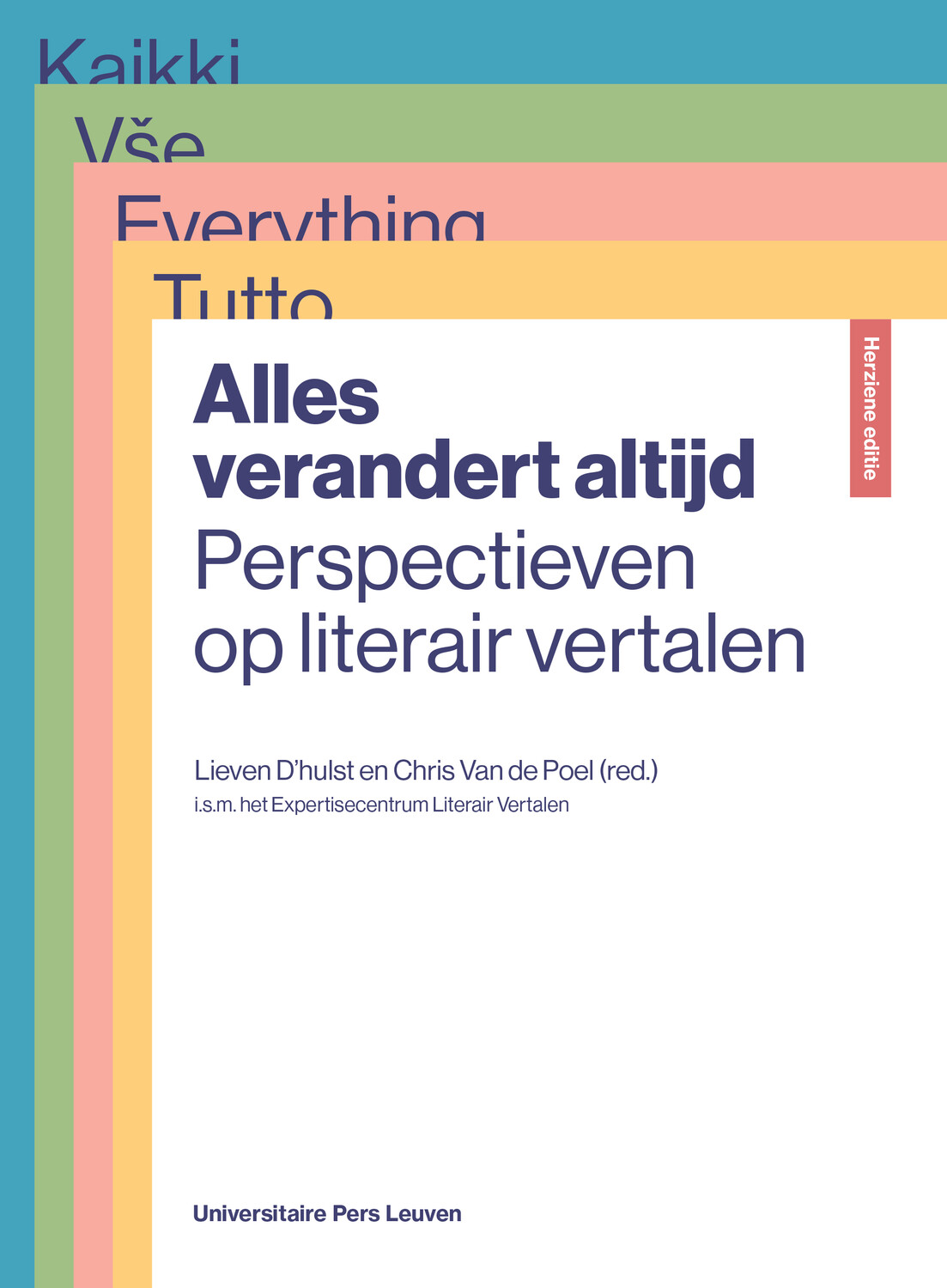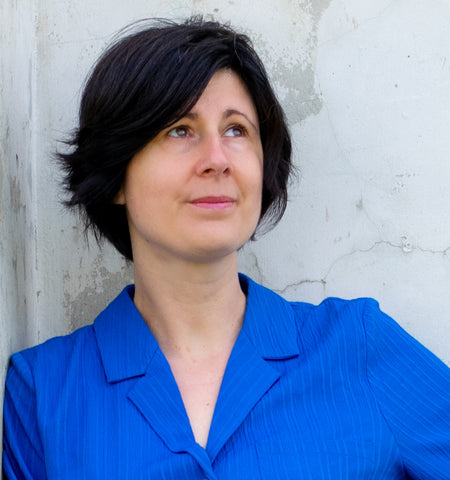
Through our commitment to addressing societal issues and our extensive Open Access initiatives, Leuven University Press makes a significant contribution to the democratisation of knowledge.
From Monday November 13 to Friday November 17, members of the Association of University Presses celebrate University Press Week. This year’s theme, #SpeakUP, highlights the ways that university presses amplify their authors, and give voice to ideas that shape conversations around the world. Mirjam Truwant, acquisitions editor, explains WHAT #SpeakUP means at Leuven University Press.
Equity, Diversity, and Inclusion
At a time when voices from around the world are more important than ever, Leuven University Press aims to be a model of inclusivity and social awareness in the field of academic publishing. Leuven UP's commitment to equity, diversity, inclusion and accessibility isn't just a credo; it's at the core of our mission, and this year's #SpeakUP theme resonates throughout our academic list and our ongoing journey towards Open Access.
Going beyond the majority’s voice
Another book that exemplifies this aim of providing a platform for lesser-heard voices is Ubuntu: A Comparative Study of an African Concept of Justice, an edited volume with many contributions by African or African-descended scholars that challenges the historical norms of knowledge production through Western epistemologies by foregrounding Ubuntu as the basis of knowledge. In this way, Leuven UP is reminding of the vast and uncharted territories of knowledge that are waiting to be explored.
Interdisciplinarity as a guiding principle
Also Unfinished Histories: Empire and Postcolonial Resonance in Central Africa and Belgium defies strict categorisation as it approaches colonial legacies from an interdisciplinary perspective, examining how literature, politics, art, the press, cinema, museum practices, architecture and language policies - as well as law and ethics - have been used to critically re-examine this period of African and European history. Such an interdisciplinary approach allows the book to reach a diverse audience across different disciplines, encouraging scholars to broaden their perspectives and enrich their research with insights from other fields of study.
Embracing societal relevance
As a university press, Leuven UP recognises its significant social responsibility. This responsibility leads us to prioritise topics of immense societal relevance, such as equality and diversity, migration and post-colonialism. In line with our mission statement, we have published a noteworthy number of titles that address these pressing issues.
Some recent and forthcoming key titles include:
- Silver Empowerment: Fostering Strengths and Connections for an Age-Friendly Society
- Islamophobia as a Form of Radicalisation: Perspectives on Media, Academia and Socio-political Scapes from Europe and Canada
- Black Matrilineage, Photography and Representation: Another Way of Knowing
- Unfinished Histories: Empire and Postcolonial Resonances in Central Africa and Belgium
- Who owns Africa? Neocolonialism, Investment and the New Scramble
- Newcomers Navigating the Welfare State: Experiences of Immigrants and Street-Level Bureaucrats with Belgium's Social Assistance System
These books not only promote social awareness, but also provide critical insights into complex issues of our time.
Leuven UP recognises that academic knowledge should be accessible to a global audience. Since 2018, we have taken significant steps towards Open Access. This commitment is not limited to a few selected titles, but for a few years now has included the vast majority of our new publications. Leuven UP supports various forms of Open Access, from Gold Open Access to collaborations with initiatives such as Knowledge Unlatched and JSTOR's Path to Open programme. This multi-pronged approach enables authors from both resource-rich countries and the Global South to find Open Access options that suit their needs and means. By making academic research more accessible, Leuven UP contributes to the amplification of diverse voices and perspectives.
In conclusion, Leuven University Press' commitment to equity, diversity, inclusion and accessibility is not just a mere slogan, but a lived reality. We go beyond the traditional boundaries of academic publishing to highlight underrepresented voices and to promote interdisciplinarity. Through our commitment to addressing societal issues and our extensive Open Access initiatives, Leuven UP makes a significant contribution to the democratisation of knowledge. For us, #SpeakUP is more than just a hashtag; it's a cornerstone of Leuven UP's identity and mission in the world of scholarly publishing.
Interested in publishing with Leuven University Press?
Contact publish@lup.be


